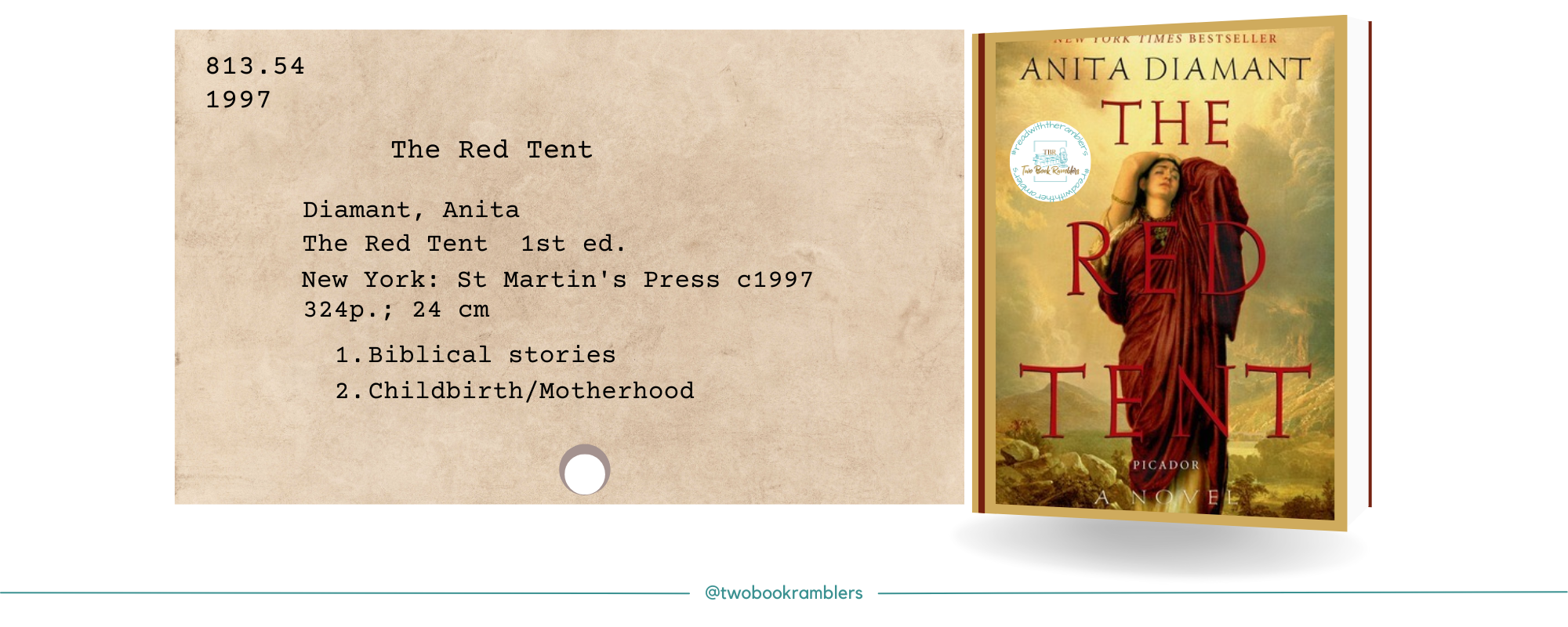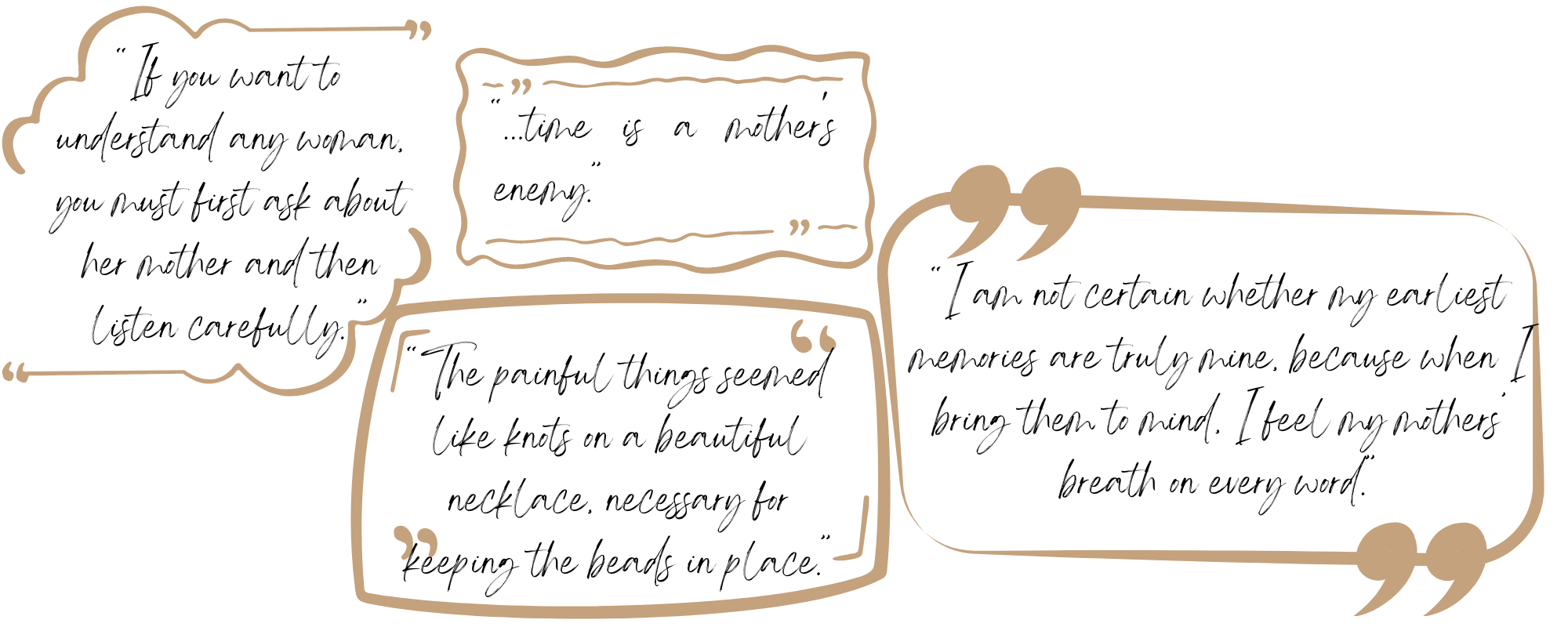Book Club: The Red Tent
- Adah
- Asher
- Benia
- Bilhah
- Dan
- Dinah
- Eliphaz
- Esau
- Gad
- Hamor
- Inna
- Isaac
- Issachar
- Jacob
- Joseph
- Judah
- Laban
- Leah
- Levi
- Meryt
- Nakht-re
- Naphtali
- Rachel
- Rebekah
- Re-mose
- Re-nefer
- Reuben
- Ruti
- Shalem
- Simeon
- Tabea
- Werenro
- Zilpah
We have been lost to each other for so long.
Selah.
Popularity:
Joseph's sister's biblical retelling of womanhood
 | ||
|
1. Read Genesis 34 and discuss how The Red Tent changes your perspective on Dinah's story and also on the story of Joseph that follows. Does The Red Tent raise questions about other women in the Bible? Does it make you want to re-read the Bible and imagine other untold stories that lay hidden between the lines?
2. Discuss the marital dynamics of Jacob's family. He has four wives; compare his relationship with each woman?
3. What do you make of the relationships among the four wives?
4. Dinah is rich in "mothers." Discuss the differences or similarities in her relationship with each woman.
5. Childbearing and childbirth are central to The Red Tent. How do the fertility childbearing and birthing practices differ from contemporary life? How are they similar? How do they compare with your own experiences as a mother or father?
6. Discuss Jacob's role as a father. Does he treat Dinah differently from his sons? Does he feel differently about her? If so, how?
7. Discuss Dinah's twelve brothers. Discuss their relationships with each other, with Dinah, and with Jacob and his four wives. Are they a close family?
8. Female relationships figure largely in The Red Tent. Discuss the importance of Inna, Tabea, Werenro, and Meryt.
9. In the novel, Rebecca is presented as an Oracle. Goddesses are venerated along with gods. What do you think of this culture, in which the Feminine has not yet been totally divorced from the Divine? How does El, the God of Abraham, Isaac, and Jacob, fit into this?
10. Dinah's point of view is often one of an outsider, an observer. What effect does this have on the narrative? What effect does this have on the reader?
11. The book travels from Haran (contemporary Iraq/Syria), through Canaan and into Shechem (Israel), and into Egypt. What strikes you about the cultural differences Dinah encounters vis-a-vis food, clothing, work, and male-female relationships.



















